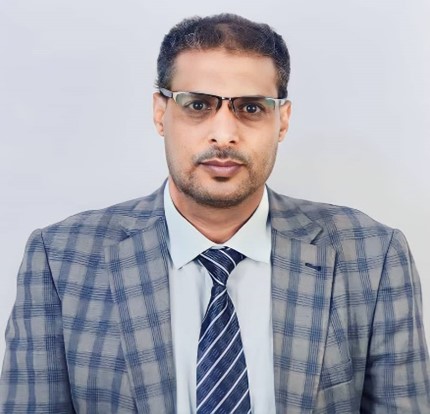Education stands as a cornerstone in the advancement and development of nations. In today’s world of globalization and digitalization, cross-cultural communication, through the assimilation and dissemination of diverse heritages, is a cornerstone for the rejuvenation and flourishing of civilizations. Thus, the principal role of universities and their affiliated scientific, research, and community service centers is to foster intellectual advancement, promote scientific innovation, cultivate human virtues, and develop competent national cadres, encompassing specialists, technicians, and experts across diverse domains. Furthermore, the universities, through these centers, aim to prepare enlightened individuals equipped with the fundamentals of knowledge, advanced research methodologies, professional competencies, and noble virtues, to participate in shaping their nation’s future, reinforcing social progress, and advancing the cause of humanity. Thus, the university serves as a nexus of investment, dedicated to nurturing the most precious resource of society, namely human capital.
The Community Center for Translation and Language Teaching (CCTLT) at Sana’a University stands as a preeminent institution on the national landscape, renowned for its academic excellence, innovative initiatives in community service, and impactful contribution to comprehensive development. Its pioneering endeavors in the fields of translation and language teaching have earned it a distinguished reputation throughout the country.
Initially established in 2004 as a service unit operating within the Faculty of Languages, the CCTLT has since broadened its scope of programs and diverse engagements, aligning with the University’s overarching mission of community service. Today, it stands as a pioneering center in teaching foreign languages and a beacon in the fields of translation and Arabization, facilitating global cultural exchange by fostering an educational environment and infrastructure based on cutting-edge technological resources.
Through diligent work by its academic and administrative staff, the CCTLT endeavors to provide the best services with a high-quality stemming from a belief in its core values of precision, excellence, and integrity. It also fosters a culture of teamwork, respect for time and effort, openness to collaboration and partnership, and prioritization of the public interest over private pursuits. By this, CCTLT seeks to prepare exceptional human cadres endowed with scientific knowledge and professional skills that address the development needs and conform to contemporary standards. This is achieved through the delivery of high-quality education, the promotion of scientific research, and the advancement of community service initiatives. Additionally, the Center aims to bolster the movement of translation and localization in Yemen and the Arab world by ensuring the availability of highly skilled translators in the labor market and enhancing the standards of language teaching requisite for the workforce, encompassing both Arabic and other foreign languages in demand. Furthermore, it seeks to broaden its programs and activities to enrich students’ horizons and experiences with additional languages essential for engaging in the diverse cultural communication in today’s interconnected global village.
Despite the persistent challenges our nation has faced under war and aggression for over nine years, CCTLT has demonstrated remarkable strides in elevating its educational process and service quality. Strategic planning, designed to fortify the Center’s performance and adapt to the dynamic demands of a competitive and rapidly evolving labor market, has been instrumental in this progress.
Lastly, I would like to emphasize that the success of CCTLT depends on the cooperation of all its teaching and administrative staff. Thus, I extend my deepest appreciation to our esteemed team of translators, tutors, trainers, research scholars, and administrative personnel for their unwavering dedication to the Center’s success. Furthermore, I extend sincere gratitude to the University’s Rector, Prof. Al-Kasem Mohammed Abass, for his unlimited support to the Center.
With best Regards!
Prof. Ibraheem N. A. Tagaddeen
CCTLT Director


